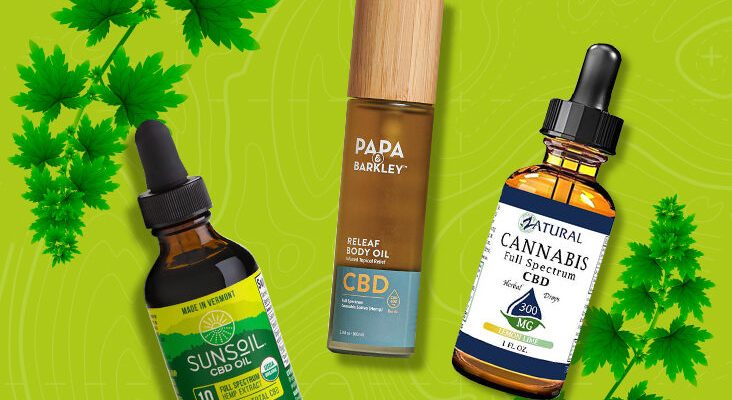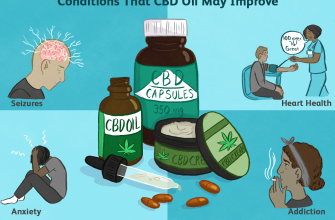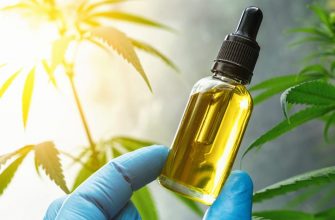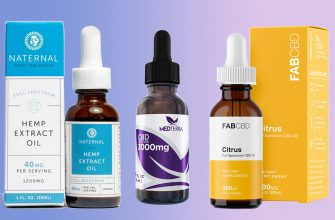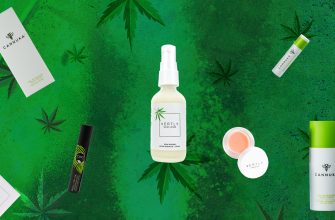According to a WHO report published in November 2017, CBD is safe and well tolerated by humans and animals. It is not associated with negative public health consequences.
A report by the World Health Organization found no adverse health effects. [скачать PDF]
Experts also say that CBD, a non-psychoactive chemical found in cannabis, is not physically addictive and “is not associated with the risks of addictive behavior.” The WHO also noted that, unlike THC, humans and animals do not enter altered states of consciousness when using CBD.
“To date, there has been no evidence that recreational use of CBD is associated with the general public health risks that are associated with pure CBD,” the report says. On the contrary, the data tends to indicate that CBD alters the effect of THC (whether it be feelings of happiness or panic), according to this report and other studies.
The authors point out that the study has officially confirmed some of the positive effects of this chemical.
CBD as an effective therapy
The WHO panel concluded that CBD has “proven to be an effective therapy for epilepsy” in adults, children and even animals, and there is “primary evidence” that CBD can be used in the treatment of patients with Alzheimer’s disease, cancer, psychosis, Parkinson’s and many other serious illnesses.
In light of all these discoveries that have taken place over the past few years, the report continues: “Several countries have already adjusted their laws to make CBD a health product.”
War on CBD in the USA
However, the United States, the report notes, is not one of those countries. CBD remains classified as a controlled chemical under Table 1 because it is part of cannabis and therefore can be developed and addictive from the perspective of the federal government. However, experts have found that “medical use with impunity” is quite common in the United States.
For a very large portion of the US population, the use of CBD remains unpunished, but its outlaw status still causes problems, especially as many CBD oils and extracts purchased online or from cannabis specialties have enabled patients to begin treatment. , the huge risks associated with every purchase of an unauthorized and untested drug – came into their homes and into their hands.
Is CBD finally legal?
According to NORML, a non-profit organization dedicated to the study of the properties of cannabis, WHO is currently considering changing the location of CBD in its own classification of drugs and narcotic substances. In September, NORML submitted a written report to the Food and Drug Administration (FDA). Food and Drug Administration, FDA, USFDA) ), where he refuted existing international measures and restrictions on access to CBD.
The FDA, which has repeatedly refused to update and modify the status of hemp products despite the ever-increasing amount of compelling evidence for its benefits, will unfortunately be one of the voices in the WHO to advise on CBD’s final decision.
Hopefully this time the FDA will listen and learn something.
This report was submitted by the WHO Special Commissioner on Narcotics and was published with the consent of the WHO Secretariat, Department of Emergency Medicine and Natural Health Products, Research Group, in accordance with working conditions, laws and available knowledge.
Source: https://www.forbes.com/sites/janetwburns/2017/12/11/who-report-finds-no-public-health-risks-abuse-potential-for-cbd/#335021ea6b88

